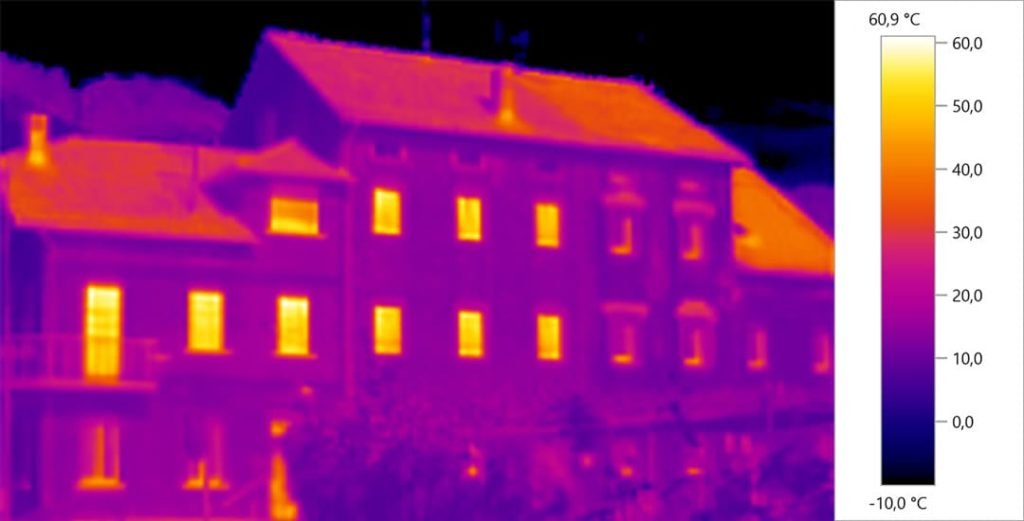
Window blinds and plantation shutters offer several thermal benefits when used in homes or commercial buildings. These benefits include:
1. Temperature Regulation: Window blinds and shutters provide a barrier between the indoor and outdoor environments. They can help regulate the temperature inside a room by preventing heat gain during hot weather and heat loss during colder seasons.
2. Energy Efficiency: By controlling the amount of sunlight entering a room, blinds and shutters can reduce the need for air conditioning or heating. This can lead to lower energy consumption and cost savings on utility bills.
3. Insulation: Some blinds and shutters, especially those with thicker or insulated materials, offer an additional layer of insulation. This insulation can help keep indoor spaces more comfortable and reduce the workload on heating and cooling systems.
4. UV Protection: Window coverings like plantation shutters can block harmful ultraviolet (UV) rays from the sun. UV protection not only prevents furniture and decor from fading but also helps maintain a more stable indoor temperature by reducing the sun’s direct heat impact.
5. Privacy: Blinds and shutters provide privacy, and when closed, they can obstruct the view from outside, preventing heat from escaping and offering a level of thermal comfort.
6. Light Control: The ability to control the amount of natural light entering a room allows for better management of solar heat gain. This is particularly useful in sunny climates, where excessive sunlight can raise indoor temperatures.
7. Versatility: Window coverings come in various styles and materials, making it possible to choose options that best suit the climate and aesthetic preferences of the space.
In summary, window blinds and plantation shutters offer effective thermal benefits that contribute to energy efficiency, temperature control, UV protection, and privacy. When properly selected and installed, they can enhance the comfort and sustainability of indoor spaces.
